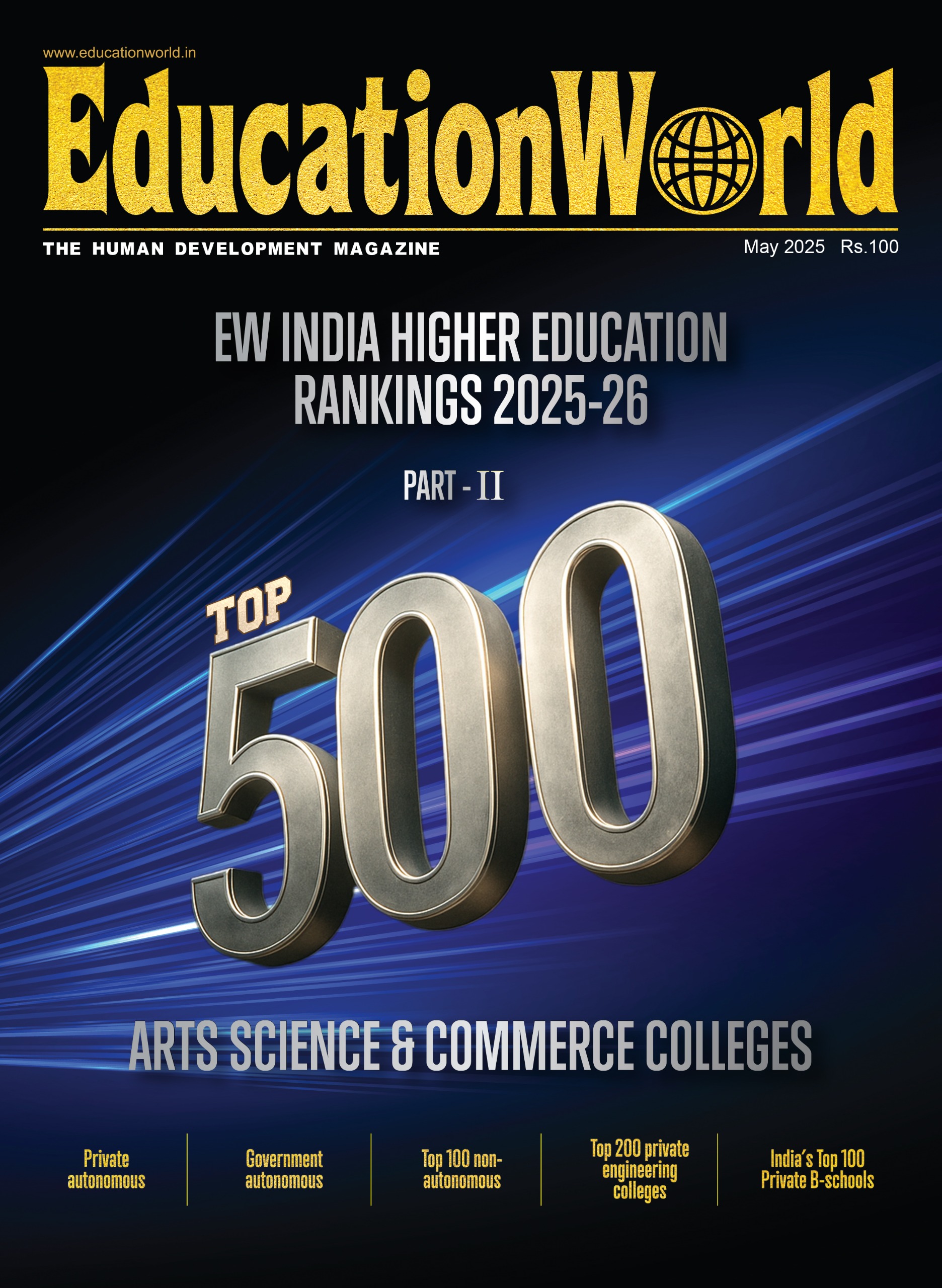
Kalpesh Banker, EduShine Search Partners
Self-learning has expanded tremendously in its scope, with experts placing it on the same pedestal as traditional education.
The rise of self-learning is very much apparent today. Platforms like YouTube and online courses are reshaping the landscape of education through self-learning. More individuals are turning to self-learning, which has started posing challenges for traditional educational institutes. This shift to self-learning is also raising questions about the relevance of universities in the future.
Self-Learning: Distinctive Benefits
- Accessibility of Information: Khan Academy, Coursera, and Udemy have been bringing courses not only to students but to the whole world. These platforms also allow students to self-learn at their own pace. This democratization of knowledge lets learners learn at their own pace – that too, for either free or at a modest price.
- Flexibility and Personalization: Self-learning offers flexibility, which is often denied in traditional schools and universities. Self-learning allows aspirants to choose subjects, set their schedules, and understand at the pace they feel comfortable with. These characteristics are extremely relevant and help aspirants make the best of their education.
- Skill-Based Learning: The focus of many individual learners is to upgrade them with practical skills that are in high demand in the job market. This stands in stark contrast to conventional degrees based on theoretical subjects and conceptual knowledge. In other words, aspirants can quickly upgrade their skills with a self-learning approach.
Self-Learning: Challenges to Conventional Education
- Relevance of Degrees: Self-learners who gain skills and certifications online have begun to challenge the validity of traditional degrees. Employers are increasingly prioritizing skills and experience over degrees, leading many to question the actual need for conventional degrees in today’s world.
- Cost and Accessibility: Traditional education is way costlier than self-learning options available for aspirants worldwide. Whether in developed economies or developing nations, the expenses one bears for attaining conventional degrees are high. Even in Government-run institutions, the fees are not that affordable. In contrast, self-learning presents a more cost-effective alternative for educating a larger audience.
- Pace of Change: Technology advancements are so rapid that traditional education often lags in upgrading their curricula. The exposure to outdated subjects impacts the industry-readiness of students and their professional prospects. Conversely, self-learners can adjust quickly to changing business realities by getting training on the latest technologies.
Changing Scenario: Adapting Conventional Education
- Recognizing Change: Universities are realising the need for adapting to new self-learning scenarios. Most have implemented online learning platforms, hybrid courses, and a major focus on lifelong learning opportunities to stay competitive in the coming times.
- Critical Thinking and Collaboration: In as much as self-study is a wonderful resource for acquiring a specific skill, universities can distinguish themselves in the market with skills such as critical thinking, research, and collaboration – competencies that are difficult to develop on one’s own.
- Certification and Accreditation: Universities continue to enjoy a monopoly in offering accredited degrees, which are required in certain professions. Aspirants in the field of technical courses, medical studies, and management domains need to enrol in full-time degree programs to apply for jobs in specific fields. Conventional education can become more competitive by further strengthening its accreditation system.
Future of Education: Way Forward
- Blended Learning: The future probably lies in the merging of self-learning and traditional learning. In the future, universities might become more like networking, mentoring, and hands-on marketplaces while online platforms deliver the content and degrees are offered by accredited institutions.
- Lifelong Learning: The growing changes in the job markets mandate learning to become a lifelong process. Both self-learning and traditional institutions must direct their efforts towards opportunities for continuous education throughout the life of aspirants.
- Recognising Informal Learning: The efforts to recognise informal learning experiences have finally started taking shape around the world. The experts are coming together and finding ways to develop a more fluid education-industry ecosystem which gives formal recognition to self-learners through their qualifications.
Conclusion
Self-learning is significantly different from the traditional learning system. That said, it also comes across as a chance for the universities to evolve further. An ideal education must be a blend of both traditional and self-learning to offer a more inclusive and flexible system to aspirants. This can be achieved by embracing the strengths of both traditional and self-learning systems. If we can find an equilibrium by unifying the best of both learning styles, it will become easy to equip learners with skills and knowledge to thrive in a competitive world.






















